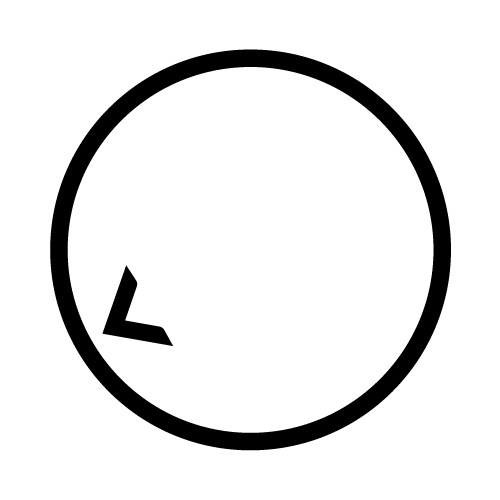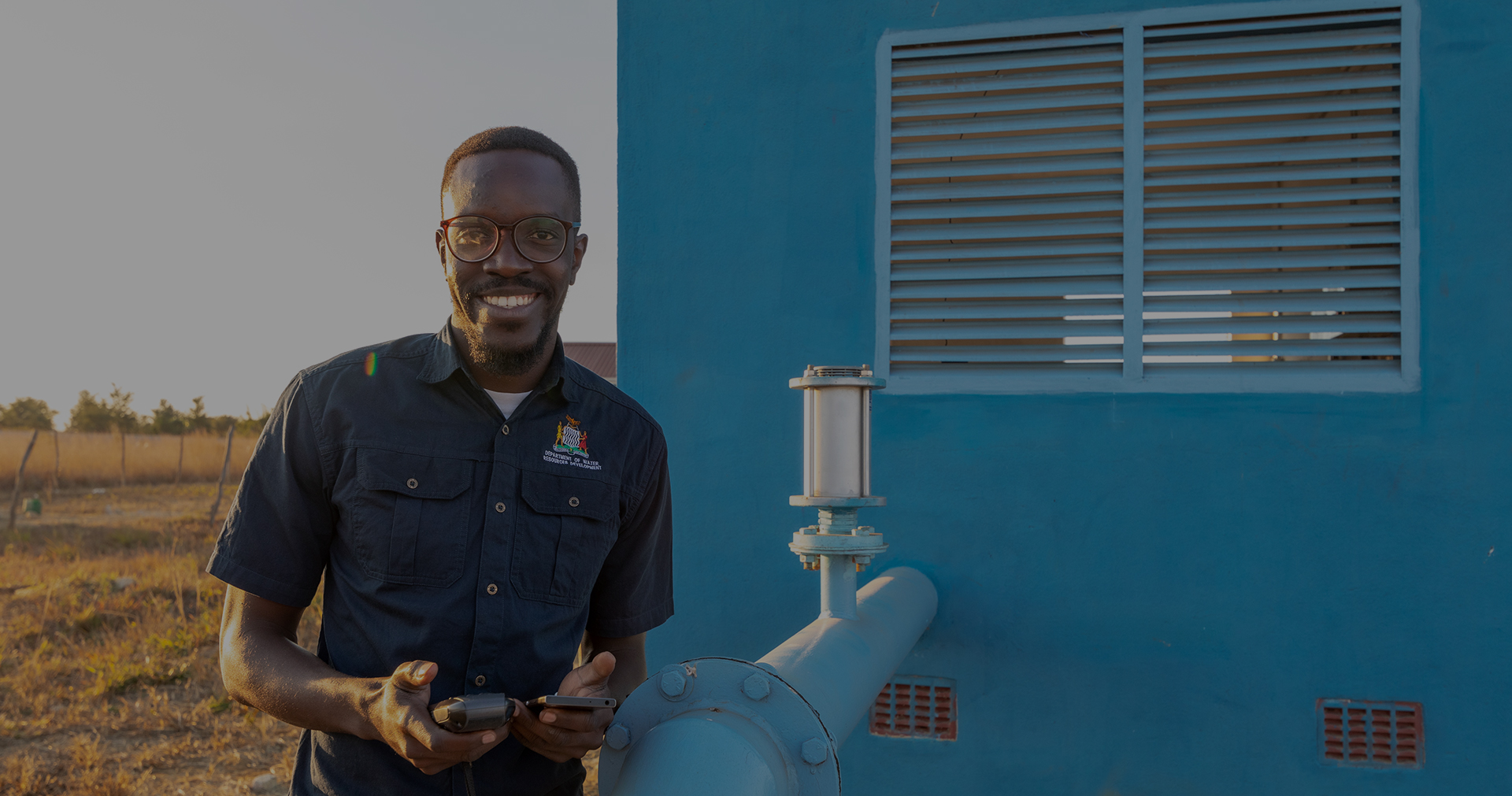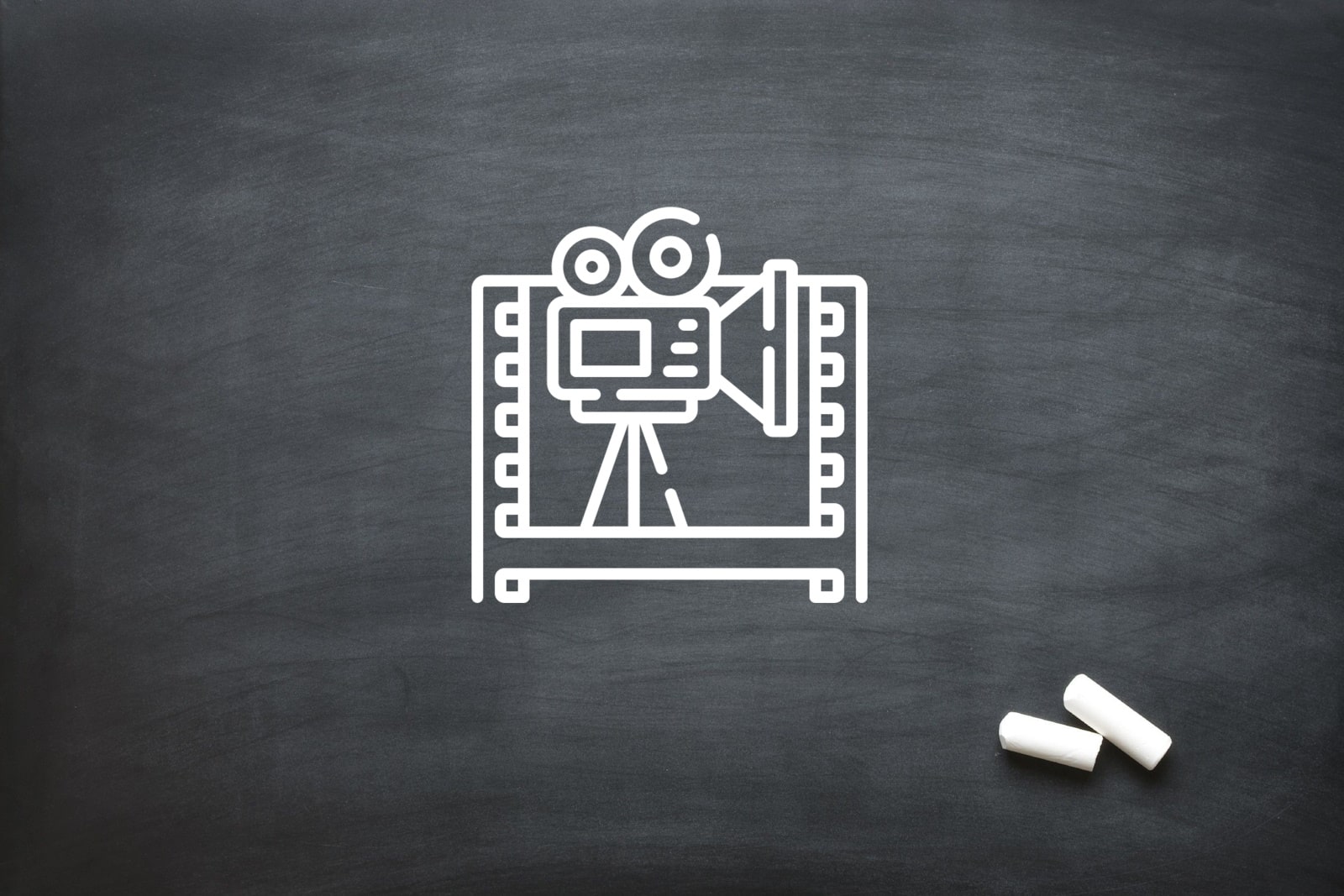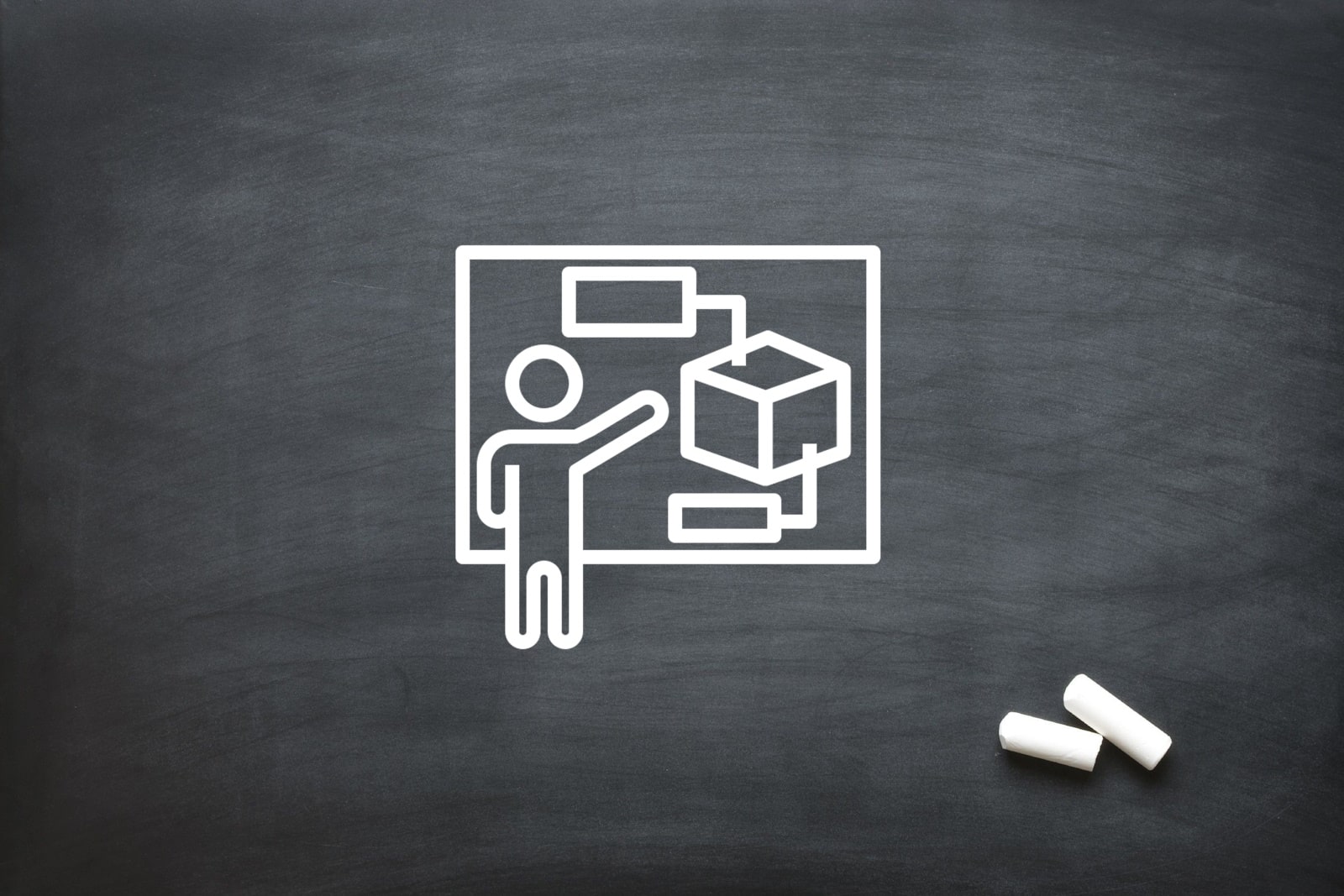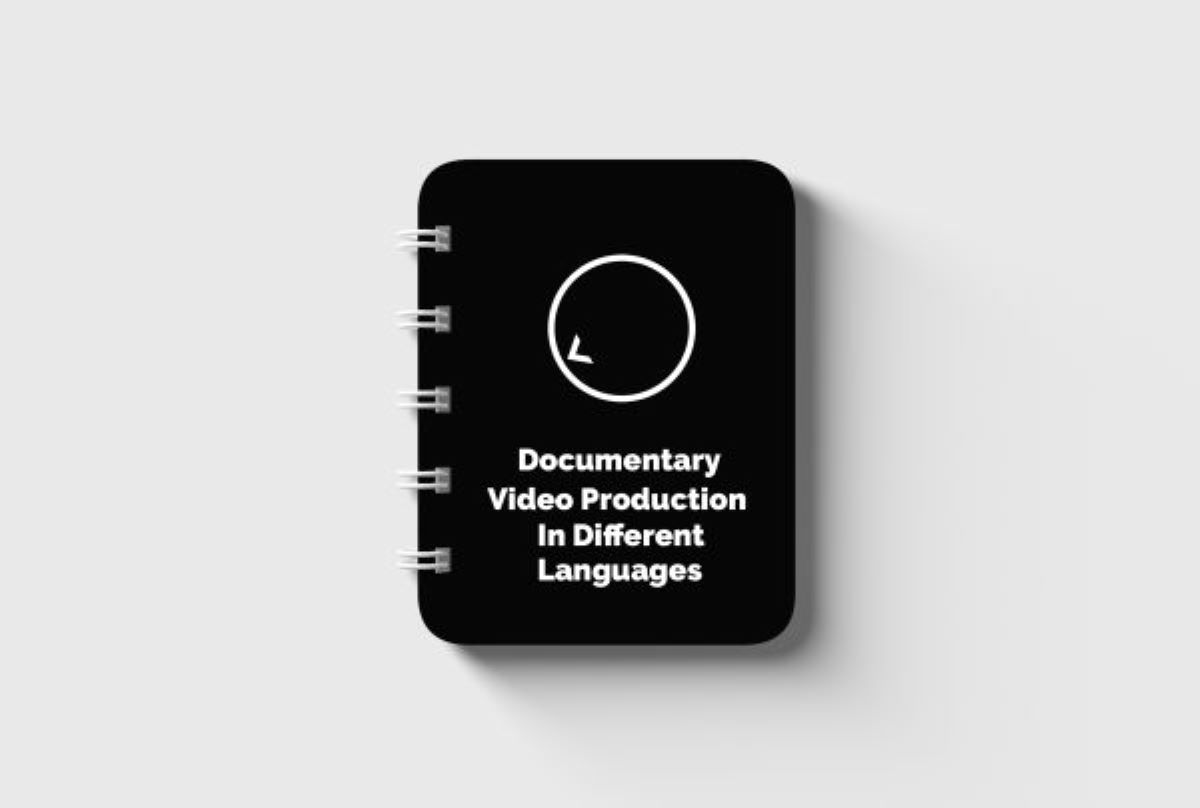
Documentary Video Production in Different Languages
A well-produced documentary can sway the hearts and minds of viewers. As content mediums go, documentary video’s greatest asset is the ability to tell a story. This may pose a risk when translated into other languages as every language has its own dialects, slang and nuances.
To keep your story true with every translation we recommend the following:
Documentary Video Production Translation Tips
Research your Documentary
When dealing with different countries and cultures, it is advised to do your research in advance. Understanding the languages and variations thereof may play a pivotal role in your scriptwriting and storytelling. In the cases where knowledge is limited, consider employing a cultural expert to aid your planning.
Collaboration is Key
A typical documentary video production involves the expertise of many stakeholders, we recommend setting up channels for collaboration during your planning phase. Understanding how to work with subject matter experts plays a pivotal role as each individual may unlock new avenues for storytelling.
Plan your Documentary Script
Your base script plays an essential role in your ability to translate it. Keep your writing neutral by avoiding local names, slang, and dialect. Expressions or idioms are also often difficult to translate effectively. In the cases where a reference plays an essential part in the story, we recommend providing context to the viewer, by means of complementary material.
Improve your Editorial Process
Break your script up into phases and have each phase signed off by all stakeholders involved. The same applies to post-production with subtitles and editing. When reviewing translations, ensure you have more than one person involved. There may be subtle references that might not be apparent until a fresh pair of eyes have glanced at the dialogue.
Find the Right Tempo for your Documentary
Every language has a different flow, which inherently lends itself to its own unique pace. With each translation, your editing should match the tempo of the script and translations. That being said, we recommend keeping this in mind when writing your scripts as each translation of your documentary could have a different tempo which may be confusing if not adjusted for.
Conclusion
A strong video or film is the effective marriage between audio and visual, which becomes increasingly more difficult with each translation. Always take care when working with different languages and cultures as it represents a test of your organization’s integrity. By following these tips you reduce the risk of misrepresenting your story, by maximizing your resources and collaborating effectively.
Contact our team for assistance with your next documentary video production.
We are a leading video production company in Johannesburg and have one of the top learner management systems in South Africa. We specialise in Video Production, Photography, Graphic Design, eLearning Development, Web Design, Animation and Creative Consultation. | info@oliverkarstel.co.za | www.oliverkarstel.co.za | IG.com/oliverkarstel
